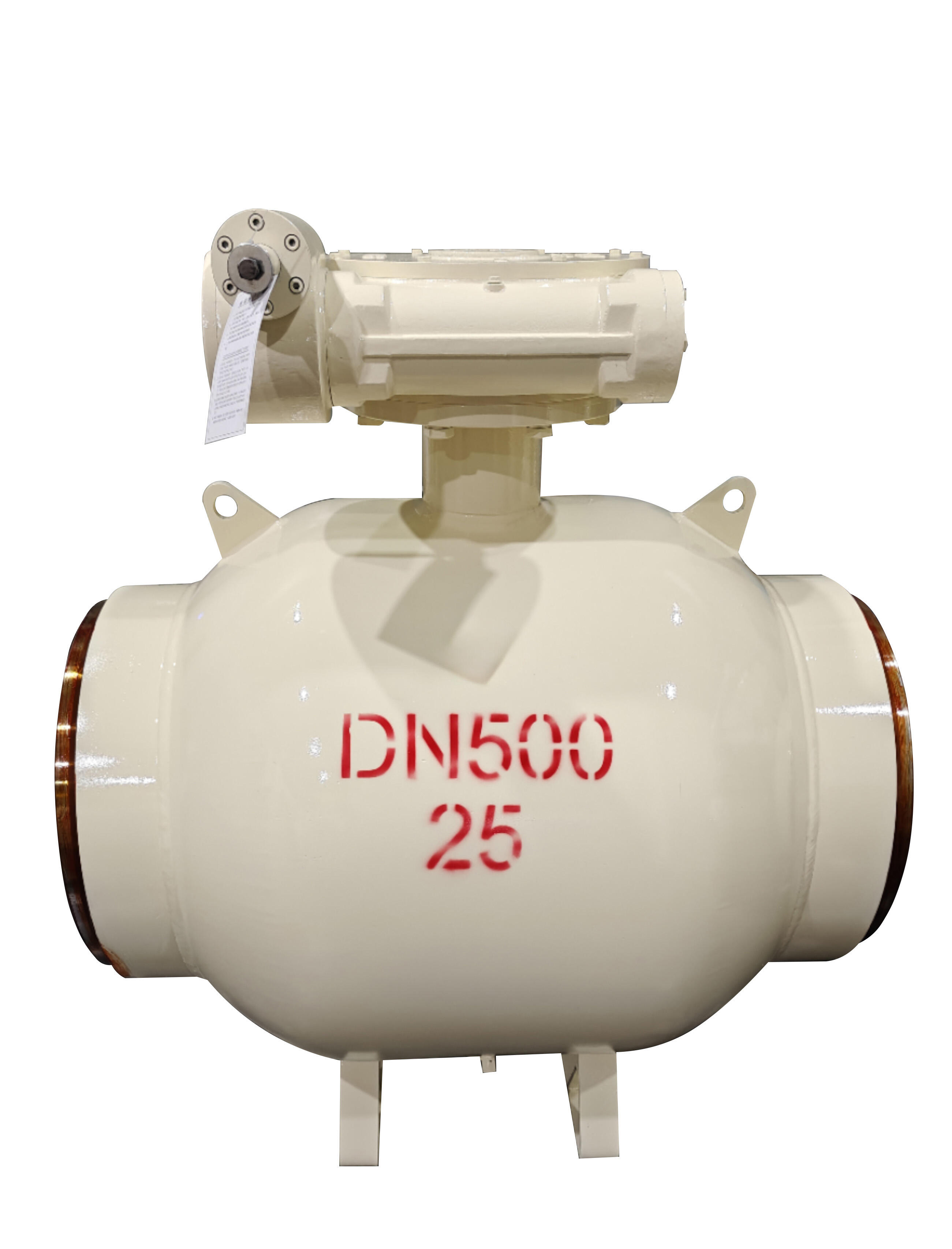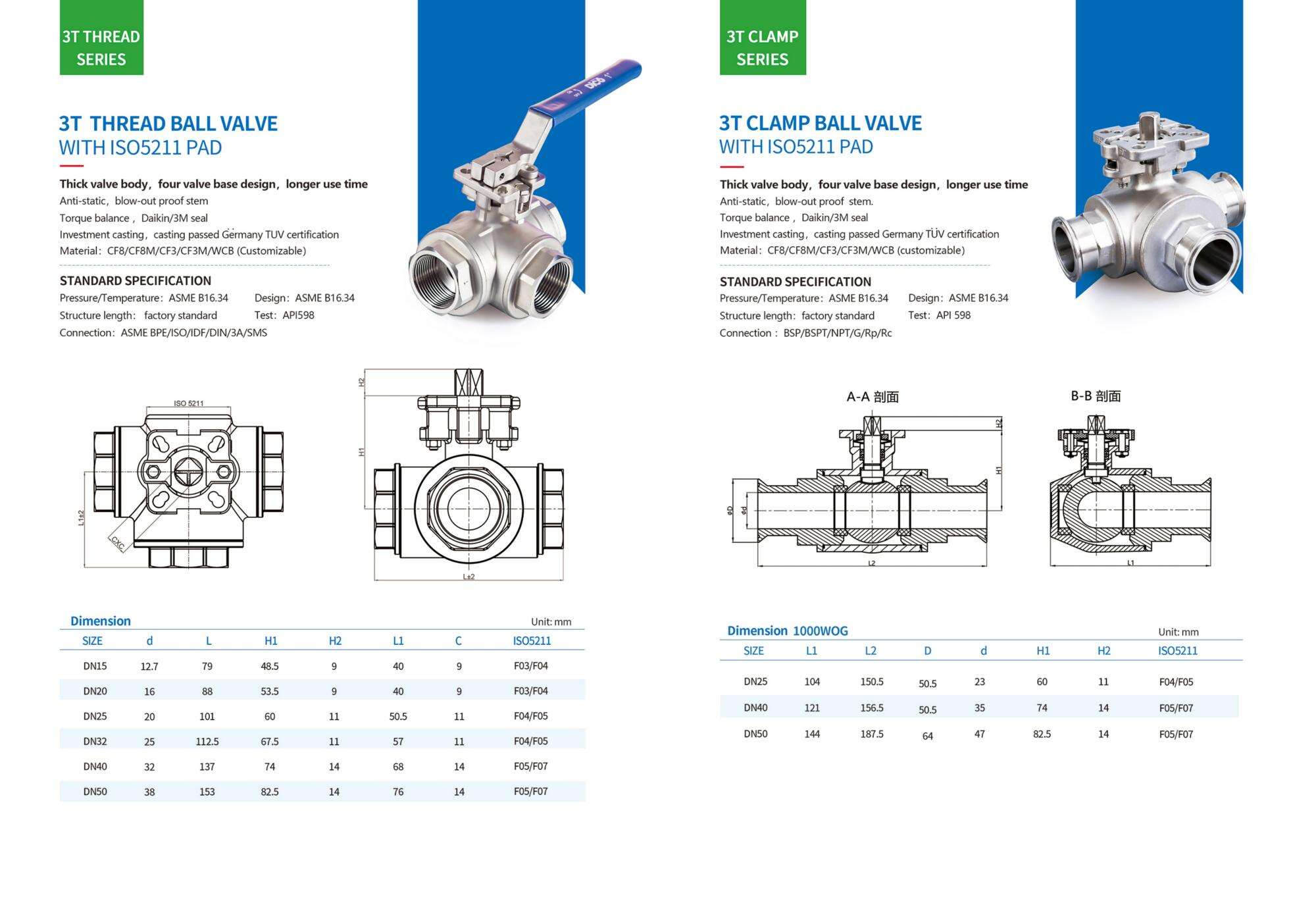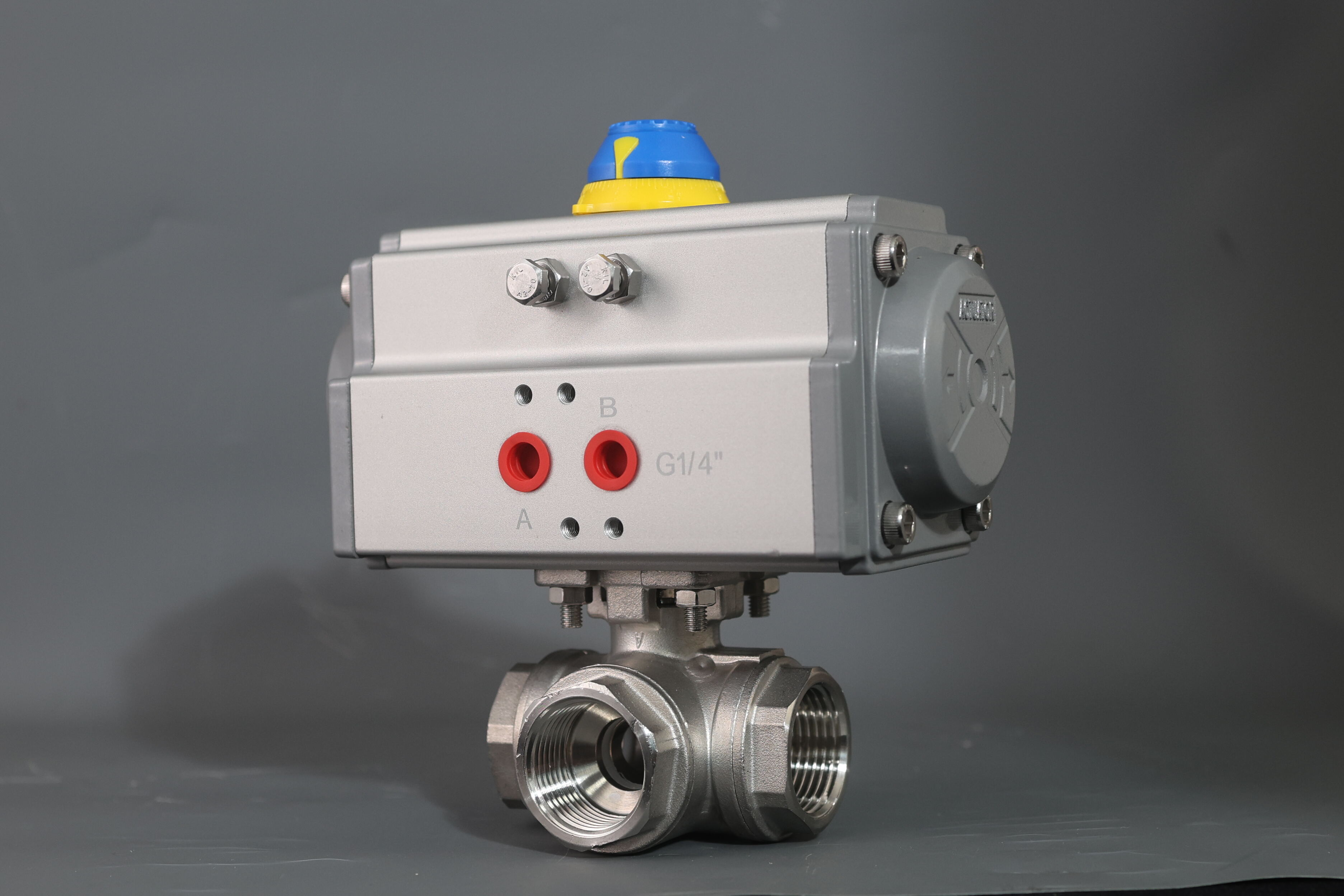low pressure safety valve
A low pressure safety valve is a critical safety device designed to protect systems and equipment from excessive pressure buildup in low-pressure applications. Operating at pressures typically below 15 PSI, these valves automatically release excess pressure when it exceeds predetermined safe levels, preventing potential damage or catastrophic failure. The valve's mechanism consists of a spring-loaded disc that remains closed under normal operating conditions but lifts when pressure reaches the set point. Advanced models feature precise calibration capabilities, allowing for accurate pressure relief settings and consistent performance. These valves incorporate materials resistant to corrosion and wear, ensuring long-term reliability in various industrial environments. The design typically includes a soft seat arrangement that provides bubble-tight sealing under normal conditions, preventing unnecessary product loss. Low pressure safety valves find extensive applications in storage tanks, process vessels, and low-pressure piping systems across industries including chemical processing, pharmaceutical manufacturing, and food production. They play a crucial role in maintaining system integrity while ensuring compliance with safety regulations and industry standards. Modern versions often include features such as manual testing capabilities and position indicators, enabling easier maintenance and monitoring.


